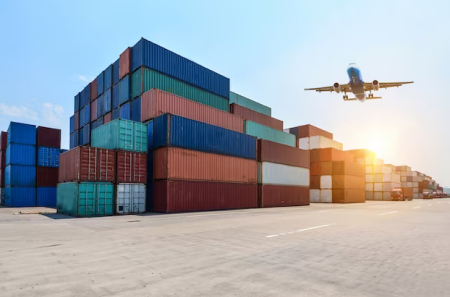Customs Clearance Management
2customs helps solve many problems related to shipment management for foreign trade. Here are 2customs' solutions against the difficulties you may experience


Incorrect or incomplete documentation
Providing incorrect or incomplete documentation is an important problem in customs procedures. Customs declarations, invoices, packaging lists or other required documents may cause delays and potential penalties. It is very important to make sure that all documents are correct, complete and suitable for customs arrangements and examine it carefully.
Documentation Management
- 2customs can automate the creation, management and presentation of customs -related documents. It creates accurate and compatible customs declarations, invoices, packaging lists and other necessary documents.
- 2customs can also store and edit all customs documents in a central pool and provide easy access and reproduction when necessary

Wrong tariff classification
Each product has a specific tariff classification, and the appointment of the wrong classification code can cause customs problems. False classification can lead to higher customs duties and even rejection of shipment. It is important to define and classify the products correctly according to the harmonized system (HS) code and to consult customs authorities or classification databases if necessary
Compatibility
- 2Customs provides features that help to ensure compliance with customs regulations. It contains built -in controls and verification to determine possible errors or inconsistencies in the documents.
- 2customs is also integrated with customs databases and regulatory systems to provide real -time updates about legislation changes, tariff rates and import/export controls.

Inadequate customs compliance information
Lack of understanding or awareness about customs regulations and adaptation requirements can be a trap. Each country has its own import and export regulations, including limited goods, permits, licenses and documents. In order to be aware of these regulations and to ensure compliance, it is very important to get guidance from customs consultants or trade consultants.
Tariff Classification Support
- 2customs offers tariff classification databases and tools to help classify products correctly.
- Provides guidance and suggestions based on harmonized system (HS) codes or specific customs arrangements. In this way, it helps to prevent errors in the tariff classification and ensures the correct application of fees and taxes.

Failure to use trade agreements
Many countries have trade agreements or preferential trade programs that provide discounted or zero customs duties for appropriate goods. Failure to use these agreements or not correctly documented the origin of the goods may cause unnecessary tariff costs. It is very important to investigate the current trade agreements and to benefit from them and to ensure appropriate certification.
Use of Trade Agreement
- 2customs offers features that facilitate the use of trade agreements or preferential trade programs. It constitutes a database regarding valid trade agreements and their special origin rules.
- 2customs can automatically determine the suitability of goods for preference treatment based on the information provided, provide correct requests and help to minimize tariff costs.

Inadequate communication and coordination
Weak communication and coordination between all parties involved in customs procedures may lead to delays and complications. The lack of timely and accurate information sharing with customs brokers, shipping companies or other stakeholders may cause delays or false statements in customs procedures. Continuing effective communication and coordination is essential for the customs procedures to be carried out without any problems.
Communication and Cooperation
- 2customs is a central platform for communication and cooperation between all stakeholders involved in customs procedures. Provides effective communication and coordination by enabling secure messaging, document sharing and task management.
- Helps to facilitate exchange of information and reduces the likelihood of lack of communication or delay

Failure to comply with import/export controls
Import and export controls, such as sanctions, embargoes or export license requirements, should be complied with. Failure to comply with these controls may lead to serious penalties, legal consequences and loss of reputation. It is important to understand and follow all valid imports/export controls and monitor the changes in regulations regularly
Compliance monitoring and reporting
- 2customs has monitoring and reporting functions to monitor compliance with customs regulations.
- It can mark possible incompatibility problems and provides warnings for legislation changes

